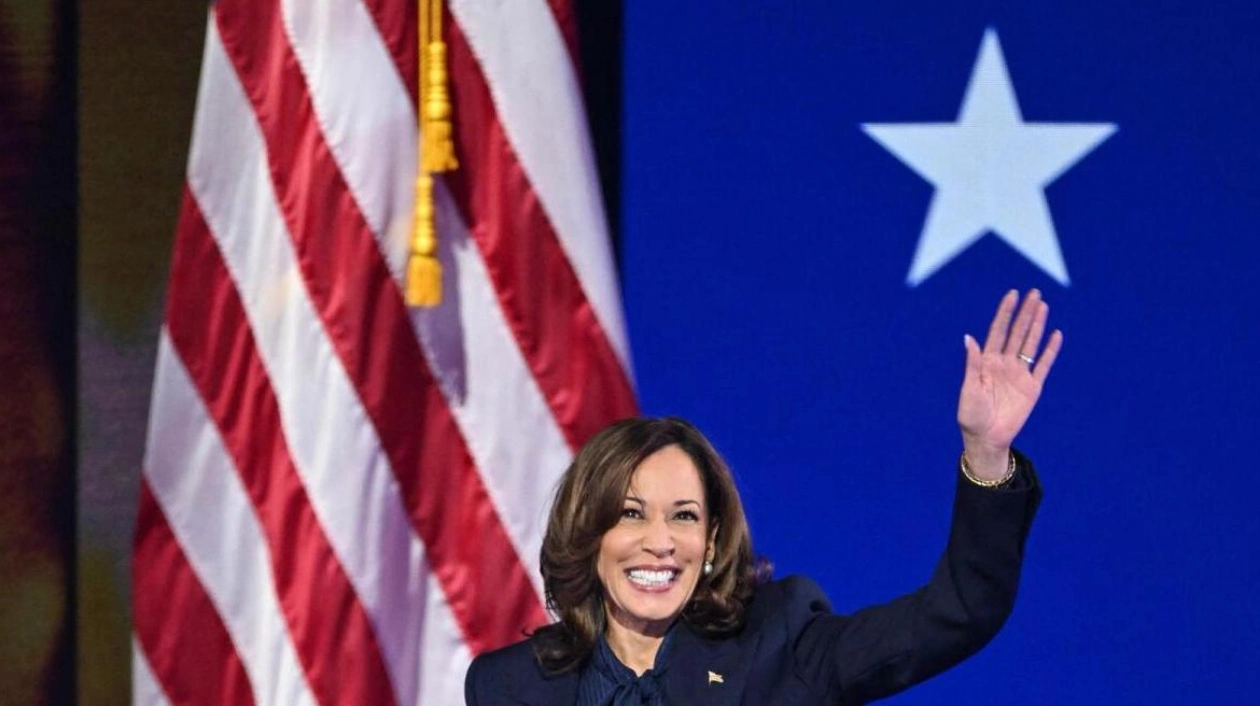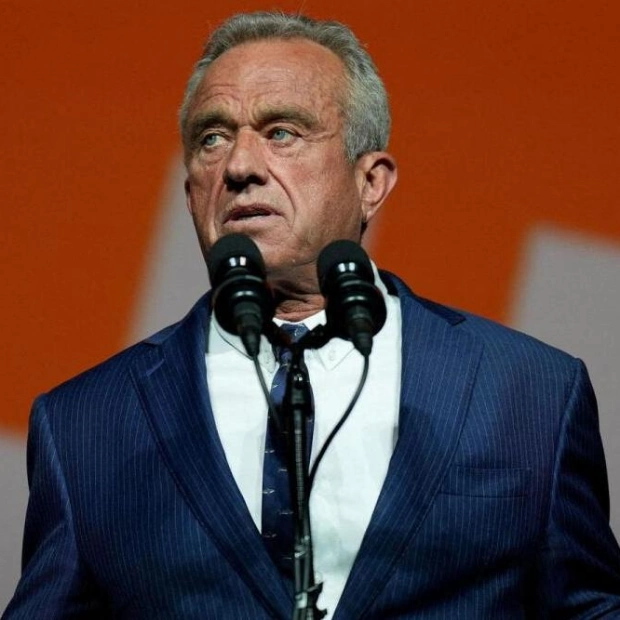Democratic presidential nominee Kamala Harris has vowed to address the escalating housing costs that have burdened American households and made homeownership unattainable for many, by focusing on constructing more housing units. Despite avoiding detailed policy specifics in her recent presidential campaign, Harris has unveiled comprehensive plans to stimulate new construction and lower costs for both renters and homebuyers, primarily through tax incentives.
"We will end America's housing shortage," Harris declared upon accepting the Democratic nomination. Meanwhile, Republican candidate Donald Trump's campaign has also pledged to cut costs via tax breaks and fewer regulations, although he has supported local housing restrictions that hinder the construction of affordable housing. A May Reuters/Ipsos poll revealed that housing costs rank as the second-highest economic concern among voters, following worries about rising prices and stagnant incomes.
The housing construction sector suffered a significant downturn during the 2007-2009 financial crisis and has since struggled to recover, resulting in a shortage of 2.9 million units in the U.S., according to Moody's Analytics. The pandemic exacerbated this issue by creating shortages of construction materials, which increased the cost of new housing, while rising interest rates made mortgages pricier. U.S. home prices have surged by 50% over the past five years, with rents rising by 35%, as reported by real estate firm Zillow.
Harris's housing strategy could resonate with voters, especially in an election dominated by economic anxieties, according to Democratic strategist Alyssa Cass. "Anything that would reduce the cost of housing is music to voters' ears," she noted. During a campaign stop in North Carolina on August 16, Harris advocated for the construction of an additional 3 million housing units over four years, beyond the annual average of 1 million units built by the private sector, by introducing a new tax credit for developers targeting first-time homebuyers and a $25,000 tax credit for these buyers.
She also proposed a $40 billion fund to motivate local governments to increase affordable housing, streamline regulations, and expand rental assistance, among other measures. The Committee for a Responsible Federal Budget estimates that these policies would require at least $200 billion over a decade. Implementing these policies could be challenging for Harris if elected, as similar proposals by President Joe Biden have failed to pass Congress. Trump's stance is less defined; while the Republican Party platform supports increasing homeownership through tax breaks and deregulation, it lacks specific details.
However, Trump has opposed measures to relax local zoning restrictions that prevent the construction of affordable housing in single-family neighborhoods. "I keep the suburbs safe," he stated at a Michigan campaign event, defending his actions against building low-income housing and keeping illegal aliens away from suburban areas. His running mate, Senator JD Vance, has attributed the housing shortage to immigration. Housing expert Jenny Schuetz from the Brookings Institution criticized Vance's comments as a "not very subtle dog whistle" reminiscent of the racially charged housing conflicts in the 1970s.
During his presidency, Trump's housing secretary, Ben Carson, suggested easing zoning rules but did not act on it. Recently, he opposed weakening single-family zoning in a conservative policy plan that the Trump campaign disavowed. Harris has not specified whether she would urge local governments to relax zoning regulations but has participated in broader Biden administration efforts to promote development. In June, she announced $85 million in grants to 21 local governments to remove "barriers to affordable housing," including reforming land-use policies in certain areas, with plans to distribute an additional $100 million later this year.






